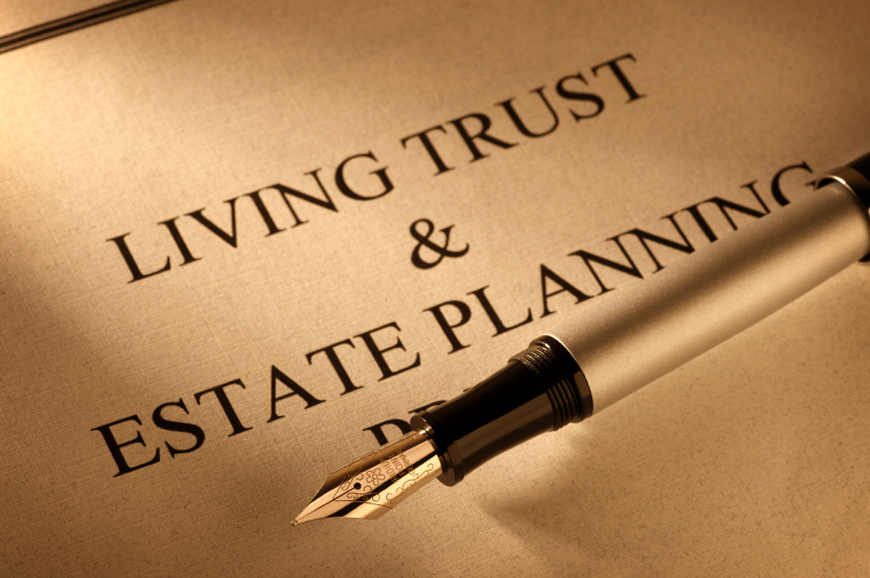
I’ve Fallen and I Can’t Get Up
Four weeks ago, I sustained injuries from a fall at work to my right shoulder, low back, and left hip. I then missed days here and there from the pain. I stubbornly tried to keep working in a modified status but that didn’t help and the pain worsened. I’ve been out for almost a week now and am finally healing. I’m catching up on sleep, reading, and all-around relaxing (that one took awhile to become reacquainted with).
I decided to attend to some digital projects to keep me busy (and seated in one place):
Project Number One
My first digital project is based on a Xmas gift I received early. I wanted to wait until Xmas morning but the gifter stubbornly wouldn’t let me and I couldn’t understand why until I unwrapped it: an HP printer/copier/scanner. I didn’t realize it was a scanner as well until I read the box more closely. I was excited; for years, I’ve been wanting to digitize all my family and personal adventures photos (over two thousand).
Now I have the opportunity – and the time – to scan the photos onto my computer and then to a cloud account where they’ll be safe and easily shared with family members. It’ll probably take until mid-next year (at least) but I’m excited about not having to drag a large storage bin full of photo albums around with me anymore. I’ve been taking them with me everywhere for the last thirty-plus years. Digitizing those photos is going to be a huge space saver. I love the idea of lightening my load, of letting go of items that are no longer relevant or necessary.
I’ve never understood why more people don’t do this. If you live in an extreme weather area (ex: Tornado Alley in the Plains region), digitizing your photos is a must-do to protect your family’s heritage. If you haven’t done this, it might be a good digital project for you, as well.
Project Number Two
My second digital project is related to my last post on preserving one’s Digital Assets. Taking my own advice, I downloaded free legal documents (Last Will and Testament, Health Proxy, Power of Attorney, etc.) the other day from a website that offers free downloadable forms in Word format (pdf docs cost $ and I can edit the Word docs to my needs). You can find the free forms at http://www.freeprintablelegalforms.com (did I tell you they’re free?). Downloading was easy; now I have to sift through my digital information (passwords and their accounts) and my assets to decide what goes where, who gets what, etc. It’s a sobering experience, as I wrote in a blog post last May about writing your own obituary:
“I attempted this exercise once and found it difficult to decide who got what (if anybody actually wanted any of my crap to begin with, they have enough of their own), to parcel out my “stuff” to people, some who aren’t in my life all that much and others who are. It actually scared me, as if I’d suddenly gotten a glimpse of the universe, less me.” Excerpted from Skills Building: Write Your Obit May 6, 2019
A Digital Project for Ebook Authors
Here’s a big question to those writers who have self-published eBooks – are they safe or not? I recently read an article in The Book Designer email I receive weekly written by a female author touting the so-called ‘benefits’ of e-Books being pirated (wtf???). She actually wrote that the one benefit of having your e-Book pirated (illegally downloaded for free by persons not legally allowed to offer it) was that it created word-of-mouth advertising and that, in and of itself, is good business for your book. Her point was that people who would download the pirated, free version were not likely to pay for your book to begin with – is she serious?
In my opinion (remember, I’m an expert on that), this is a naïve attitude lacking in principle. Why anyone would or could support book piracy AT ANY LEVEL is beyond me. Is that kind of word-of-mouth advertising worth losing royalties or credit for your work? If piracy is good for books, then where do we draw the line? Do we draw any line? I realize it’s an uphill online battle to protect your work.
~ Which is why it’s paramount in these crazy times that you get your Digital Assets in order. NOW.
~ If you’re a writer, you’re not too young or too old to do this. Preserve your works, your memories, the history of YOU.
#DigitalAssets #WriterBeware #MestengoBooks #intellectualproperty #fictionwriters #nonfictionwriters #ebookpiracy




